Who are Tunisia’s political parties?
On October 23, Tunisian voters will have 81 parties and hundreds of independent candidates to choose from.
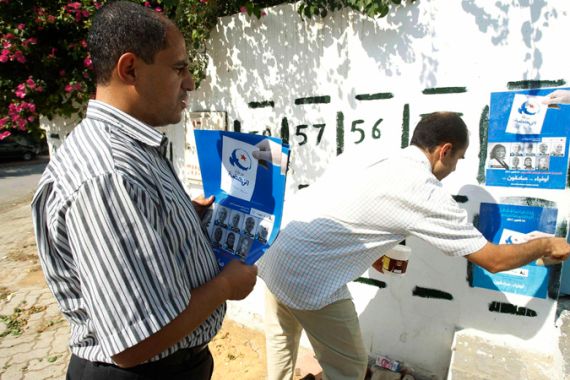
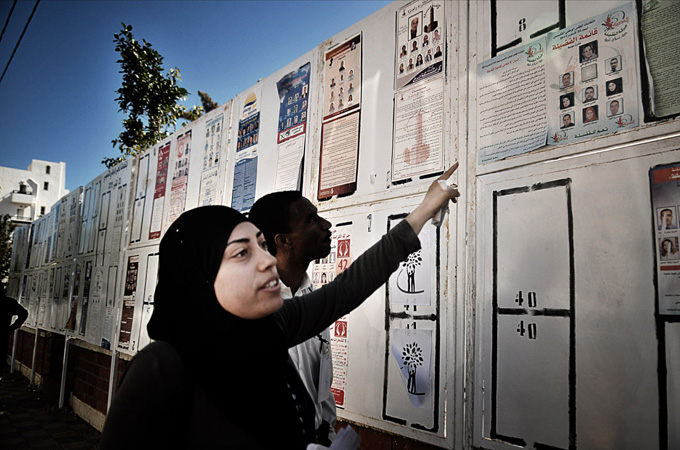 |
| Campaigns for the constituent assembly election in Tunisia officially began on October 1 [Aude Osnowycz/Al Jazeera] |
Ten months since the uprising that brought down long-time Tunisian ruler Zine El Abidine Ben Ali, 81 political parties – as well as hundreds of independent candidates – are slated to compete in an election to be held October 23. The election will send 217 Tunisians to serve in the constituent assembly, which will rewrite the country’s constitution and appoint a new government.
Until this past January, Ben Ali’s Constitutional Democratic Rally (RCD) party dominated the legislature, winning large majorities in elections most believed were rigged. Only a handful of opposition parties, such as the Progressive Democratic Party and Ettakatol were allowed to operate. Others, such as the Islamist Ennahdha and the centre-left Congress Party for the Republic, were banned, and operated from abroad.
The following is a summary of some of the most prominent political parties competing in the upcoming election.
| Ennahdha (The Renaissance) |
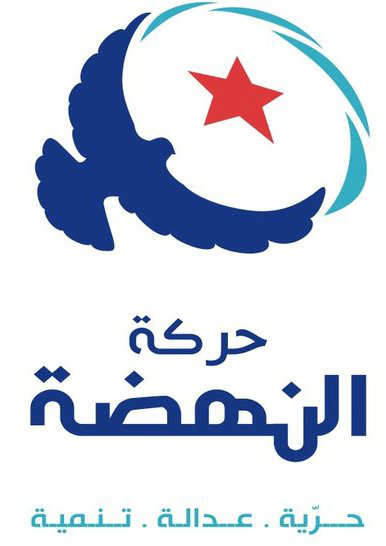 |
Founded in 1981, Ennahdha (The Renaissance) is leading in the latest opinion poll, with 25 per cent of respondents saying they favoured the Islamist party. In elections held in 1989, Ennahdha came in second place to the RCD. Shortly afterwards, Ennahdha was banned, and its leader Rachid Ghannouchi fled the country for the UK, from which he recently returned after having lived there for 20 years.
Tunisia is one of the most socially liberal Arab countries. Not wishing to alienate potential voters, Ennahdha’s leadership has stressed that it supports equal rights for men and women. “We are against the imposition of the headscarf in the name of Islam and we are against the banning of the headscarf in the name of secularism or modernity,” Ghannouchi told Al Jazeera. Ennahdha consciously takes after Turkey’s ruling Justice and Development (AKP) party, with Ghannouchi saying that “if you were to compare it [with another movement], cannot be compared to the Taliban or Iran, the closest comparison would be to the AKP … We admire the Turkish case and those who are in charge of it are our close friends.”
The party also emphasises that it supports democracy, pluralism and, to some extent, working with the West.
Nevertheless, secularists remain wary of Ennahdha, whose party’s strongest support comes from Tunisia’s rural interior. The party is well-organised, and news website Tunisia Live reported that the party has paid for Ramadan meals and wedding ceremonies in attempts to garner votes.
Visit Ennahdha’s Website / Facebook
| Progressive Democratic Party |
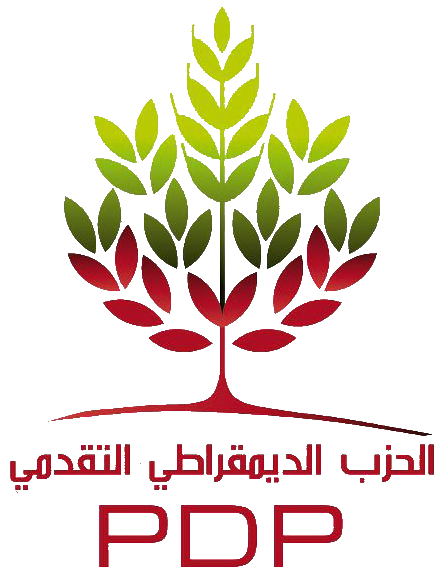 |
Like Ennahdha, the Progressive Democratic Party (PDP) has a relatively long history – founded in 1983 by Ahmed Najib Chebbi, it was one of only a few parties legal under Ben Ali’s regime. The secular PDP sees Ennahdha as its rival: AFP wrote that Chebbi has accused Ennahdha of wanting to institute an “ideological state”.
In 2006, Maya Jribi was appointed as PDP’s secretary-general, the first woman to hold such a position in Tunisia. Chebbi has served as Tunisia’s Regional Development Minister since January. The party supports a raise in the minimum salary, and easing regulations to increase foreign investment.
The latest figures show the PDP polling about 16 per cent. According to political scientist Larbi Sadiki, a coalition including the PDP and Slim Riahi’s Free Patriotic Union (UPL) party could be likely.
Visit the PDP’s Website/ Facebook/ Twitter
| Ettakatol (Democratic Forum for Labour and Liberties) |
 |
Ettakatol (also known as the Democratic Forum for Labour and Liberties, or FDTL) is now running head-to-head with the PDP, according to polls. The centre-left party, founded in 1994 but legalised only in 2002, puts great emphasis on transparency, and one of its main goals is to reduce corruption. Accordingly, Ettakatol publicly released the party’s budget and membership information in September. According to Tunisia Live, the party is gaining about 20,000 members per week.
Tunisia Live also reported that Ettakatol is one of very few political parties in Tunisia to call for inheritance laws that ensure equality between men and women, and to condemn domestic rape. However, none of Ettakatol’s candidate lists are led by women. The party seems to have a strong volunteer base, who go door-to-door to talk to potential voters about Ettakatol’s platform. The party also boasts one of the most vibrant social media platforms. It says it will form coalitions with other democratic progressive parties.
Ettakatol’s leader, Mustafa Ben Jaafar, briefly served as Tunisia’s health minister earlier this year.
Visit Ettakatol’s Website / Facebook / Twitter
| Congress Party for the Republic |
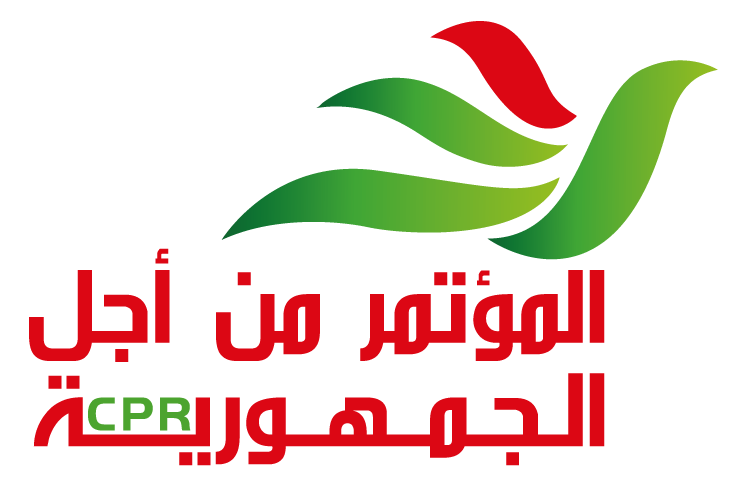 |
Like Ettakatol, the Congress Party for the Republic (CPR) is also a centre-left, secular party. The party was founded in 2001 but banned the following year. Moncef Marzouki, a human rights activist and physician, ran the CPR from exile in France, returning to Tunisia this year.
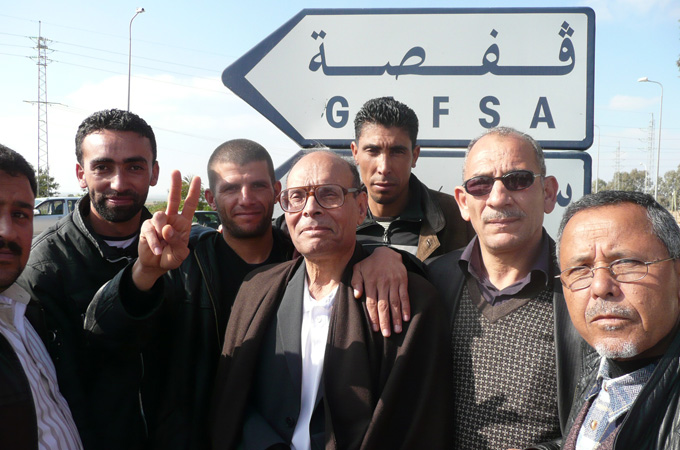 |
| Moncef Marzouki (centre) near Sidi Bouzid [Yasmine Ryan/Al Jazeera] |
According to its website, much of CPR’s platform revolves around civil liberties, such as abolishing the political police, lifting censorship, and establishing legislation that ensures the freedoms set forth by the Universal Declaration of Human Rights. CPR refuses to accept funding from businesses and other external sources. A recent poll found CPR with 8 per cent of voters supporting it.
Visit the CPR’s Website / Facebook / Twitter
| Free Patriotic Union |
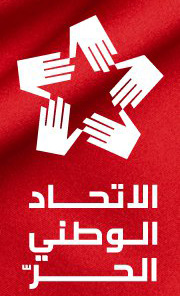 |
Of the Tunisian political parties founded after the Tunisian uprising, the Free Patriotic Union (UPL) is perhaps the most interesting – and controversial. The UPL was launched this year by wealthy 39-year-old businessman Slim Riahi, who grew up as an ex-patriate in Libya, where he made his fortune in energy and property development. Riahi returned to Tunisia this year.
The UPL, which is thought to be funded largely by Riahi’s wealth, says it is a centrist party that supports a free-market economy and modernist values. In an interview with Al Chourouk, Riahi has stated that he views Ennahdha as a major rival, and has refused to work with the Islamist party. The UPL launched a massive advertising campaign this summer, one of only three parties to do so (the others were PDP and Ettakatol). Nevertheless, the UPL is barely making a dent in opinion polls.
In August, Riahi announced that he wanted to buy a 20 per cent stake in Dar Assabah, a big Tunisian newspaper publisher. As a result, the Financial Times mentions that Tunisian bloggers worry that Riahi is trying to become a “Tunisian Berlusconi”. Riahi is not running for office himself.
Visit the UPL’s Website / Facebook / Twitter
| Tunisian Workers Communist Party |
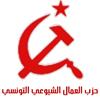 |
The Tunisian Workers Communist Party (PCOT), a Marxist-Leninist political party, was founded in 1986, but was banned until this year. Most of its candidates running for the constituent assembly hail from Tunisia’s coastal regions. PCOT is well-organised, and is particularly popular with Tunisia’s student population. Many of the so-called “Kasbah protestors”, who have been demonstrating in Tunis’ Kasbah Square since January for more revolutionary changes to Tunisia’s political system, also support PCOT.
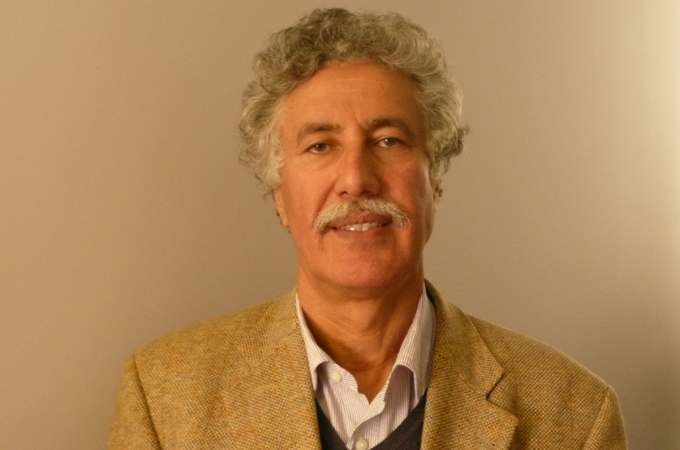 |
| PCOT party leader Hamma Hammami [Yasmine Ryan/Al Jazeera] |
PCOT was excluded from participating in the national coalition government that was formed after Ben Ali’s fall. The party is led by Hamma Hammami, who has been jailed several times since the 1970s for his political activities. In 1994, Hammami was arrested, tortured, and threatened with death, according to an Amnesty International report. His most recent stint in jail was this pastJanuary, for speaking to journalists about the demonstrations roiling Tunisia at the time.
Visit the PCOT’s Website / Facebook
| Democratic Modernist Coalition |
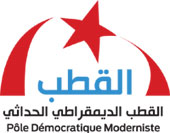 |
Some parties have formed alliances heading into the October 23 election. The Democratic Modernist Coalition (PDM) was formed in May as an alliance between several parties, including Ettajdid (Renewal), the Leftist Socialist Party, the Republican Party, and the Centrist Way.
Ettajdid, which was legalised in 1993 after ending its support for communism and adopting a centre-left ideology, is probably the most prominent PDM member.
A secular movement, the PDM is the only major outfit to have election lists half of which are led by female candidates. It is also running what may the youngest candidate: Amal Nasser, a 24-year-old student. The alliance favours the abolition of the death penalty (which, though still legal in Tunisia, has not been used for 20 years), and inheritance laws that don’t discriminate on the basis of sex.
Visit the PDM’s Website / Facebook / Twitter
| Afek Tounes |
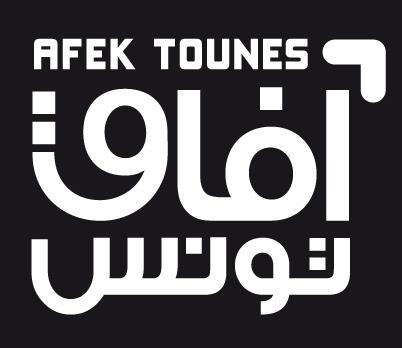 |
Policy-wise, Afek Tounes is a polar opposite of PCOT. This right-wing party was founded by neoliberal economists and is led by Emna Mnif, a medicine professor.
According to a Nawaat interview with Mnif, Afek Tounes is often perceived to be bourgeois and elite. In July, Afek Tounes tried to hold a meeting in Sidi Bouzid – the city where the Tunisian uprising began – but residents, believing that Afek Tounes was linked to Ben Ali’s hated Constitutional Democratic Rally (RCD) party, burned Afek Tounes’ banner and prevented the meeting from taking place. However, an Afek Tounes spokesman denied that there were any such links to the RCD.
Visit Afek Tounes’ Website / Facebook / Twitter
| Al-Waten (The Nation), Al-Moubedra (The Initiative), Justice and Liberty, The Independence for Liberty |
Several parties have emerged out of Ben Ali’s Constitutional Democratic Rally (RCD) party. These parties include al-Waten (The Nation), founded by RCD members who had previously served as Minister of Trade and Tourism and Minister of the Interior; al-Moubedra (The Initiative); the Justice and Liberty party; and The Independence for Liberty party.
| Hizb ut-Tahrir |
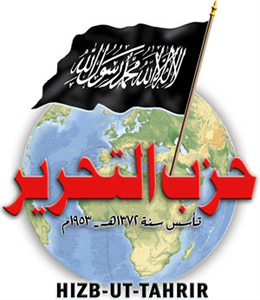 |
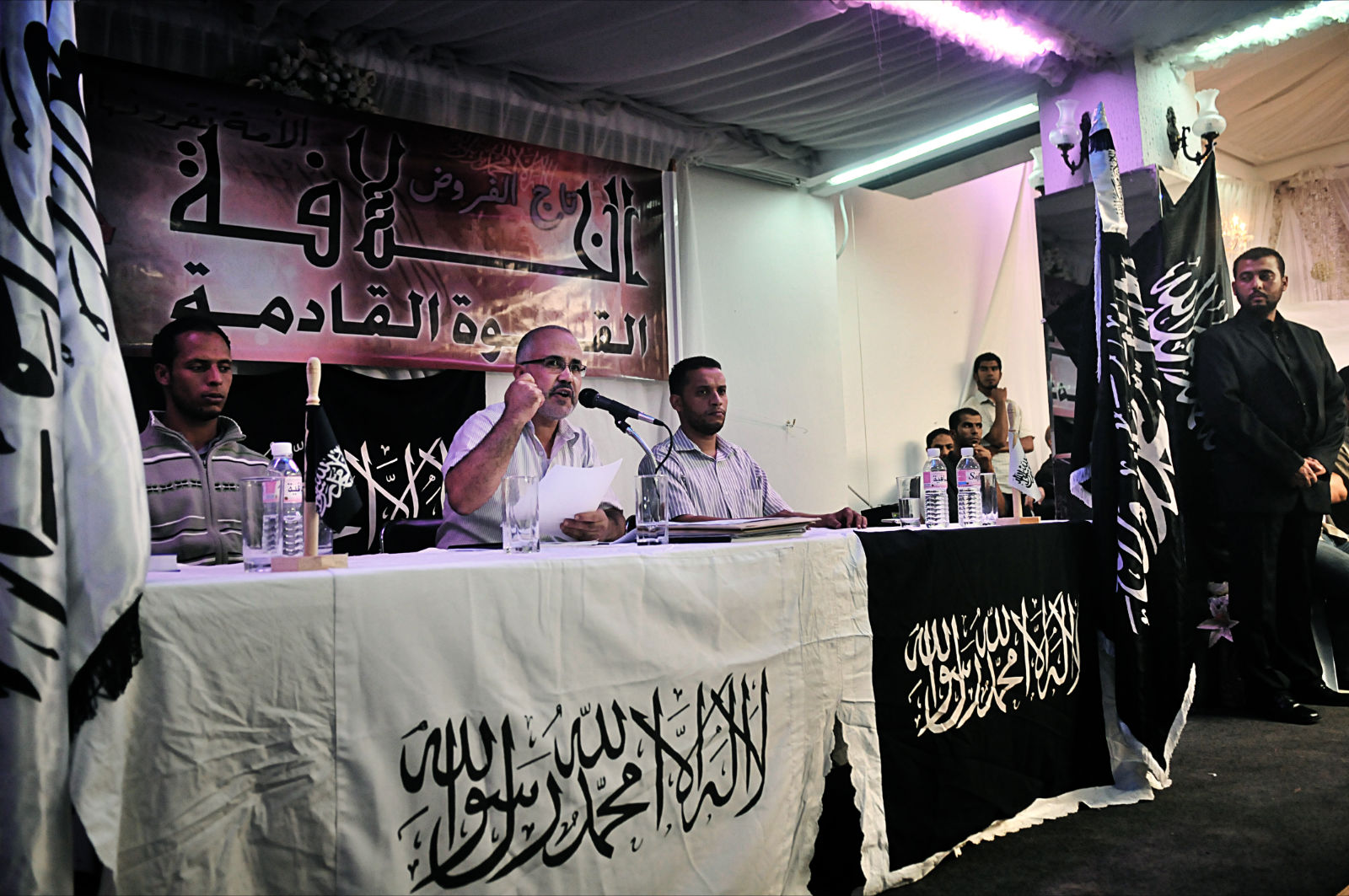 |
| Ridha Belhadj [Aude Osnowycz/Al Jazeera] |
Over 100 political parties were granted permission to run candidates in the upcoming constituent assembly election. Hizb ut-Tahrir, a Salafist, pan-Islamist party, has not been allowed to participate, because Tunisian authorities have argued that parties that do not respect democracy cannot be legalised. However, Hizb ut-Tahrir leader Ridha Belhadj told Al Jazeera, “We don’t need authorisation from the government, we have authorisation from the people”.
Compared to Ennahdha, Hizb ut-Tahrir is smaller and more conservative. The party, which was banned under Ben Ali’s rule, held a rally on January 15, the day after Ben Ali fled Tunisia.
| Tunisian Pirate Party |
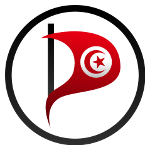 |
The small Tunisian Pirate Party (PPT) garnered media attention in January, when several party members were arrested and jailed by the Ben Ali regime for participating in anti-government protests. After Ben Ali’s departure, Slim Amamou, a Pirate Party member who was tortured during his detention, was appointed to be Tunisia’s Secretary of State for Sport and Youth. However, Amamou – who is also the CEO of a web development company – resigned in May after the Tunisian government blocked several websites.
The PPT is loosely affiliated with an international movement of Pirate Parties that support copyright reform, the right to privacy, and government transparency. However, Tunisia’s Interior Ministry said that it would not recognise the legalisation of the PPT for the upcoming election.
Visit the PPT’s Website / Twitter
| Independent Candidates |
Candidates unaffiliated with any party can run as independents, and run their own lists of candidates. Although they often lack the monetary and organisational support that party affiliation can offer, some independents could do quite well. About 45 per cent of the electoral lists submitted to Tunisia’s High Authority for the Elections are independent candidate lists, writes Tunisia Live.
Prominent independents include:
- Abdennaceur Laouini, a left-wing activist and lawyer who was a leader of the Tunisian lawyers’ protest in December 2010. Laouini is running in Sfax. He told Al Jazeera that “candidates running on independent lists are disadvantaged” because “the election process is centred on lists, not individuals, a detail which favours political parties”.
- Youssef Seddik, an anthropologist and philosopher who heads an independent list running in a Tunis suburb;
- Abdelfattah Morou, a former Ennahdha member who has put together 20 independent, allied lists across Tunisia;
- Riadh Guerfali, a law professor and blogger who writes for the dissident website Nawaat.org, running in the city of Bizerte;
- Yassine Ayari, a cyberactivist who campaigns against internet censorship, running in Zaghouan.